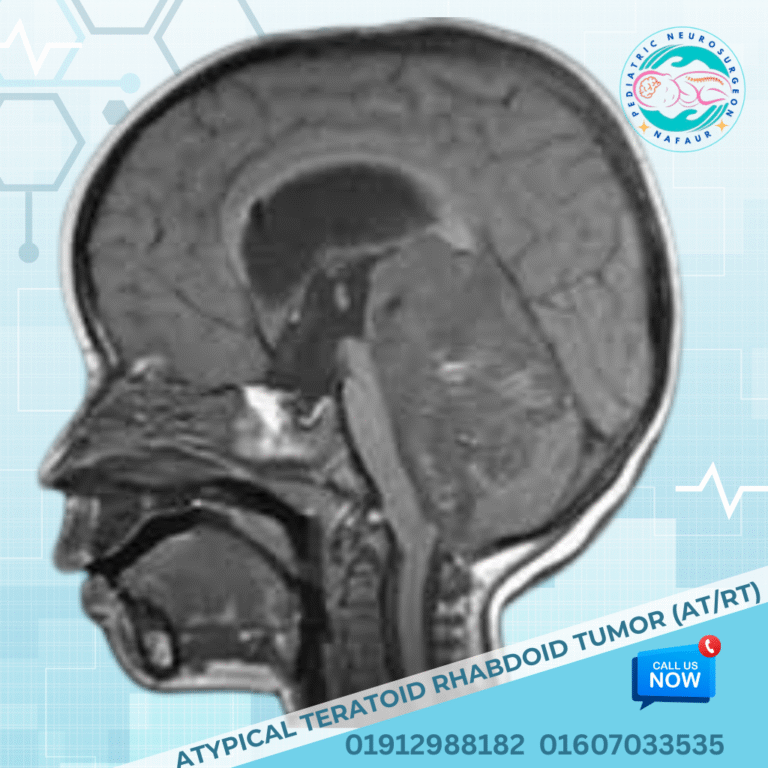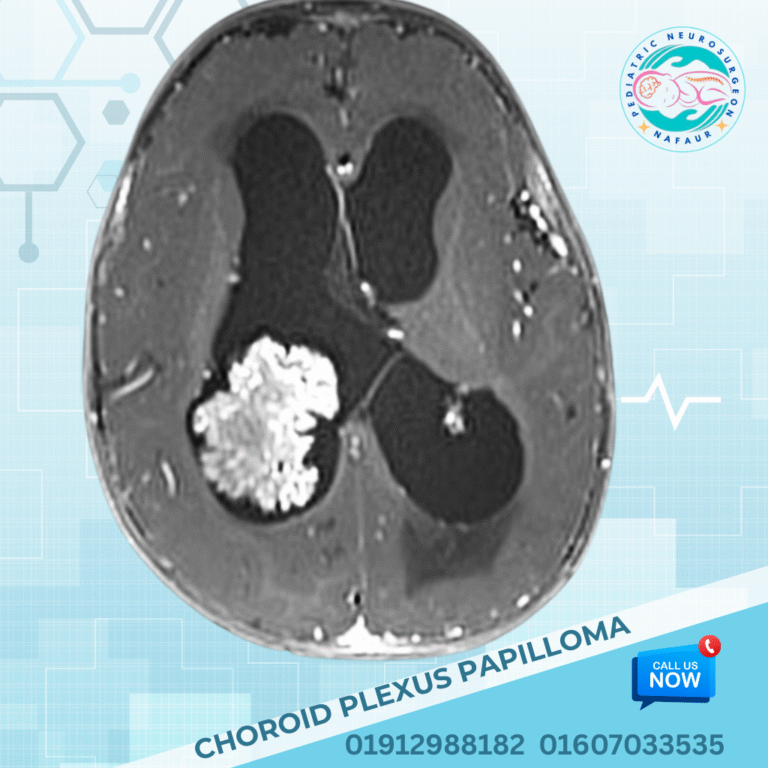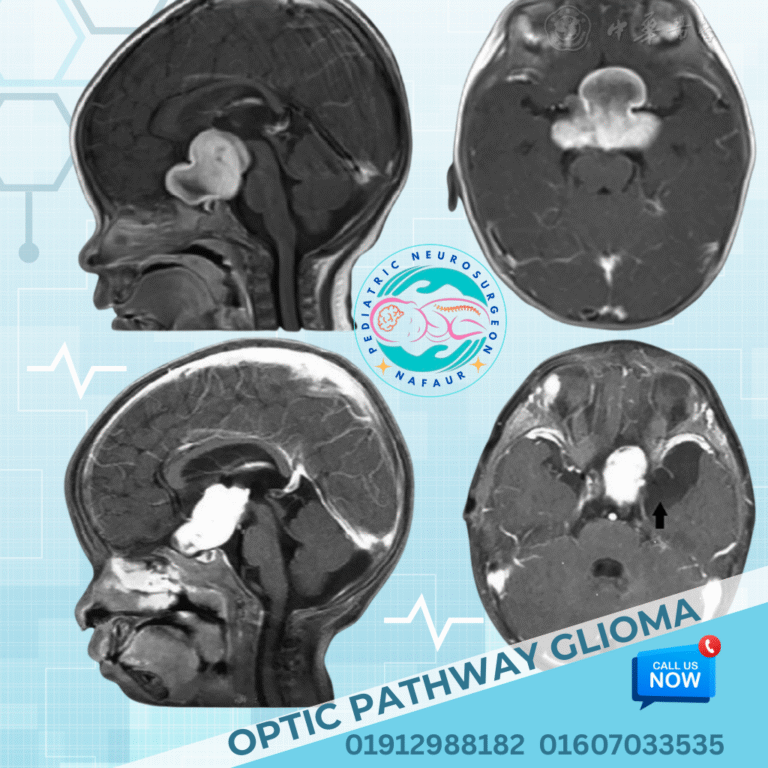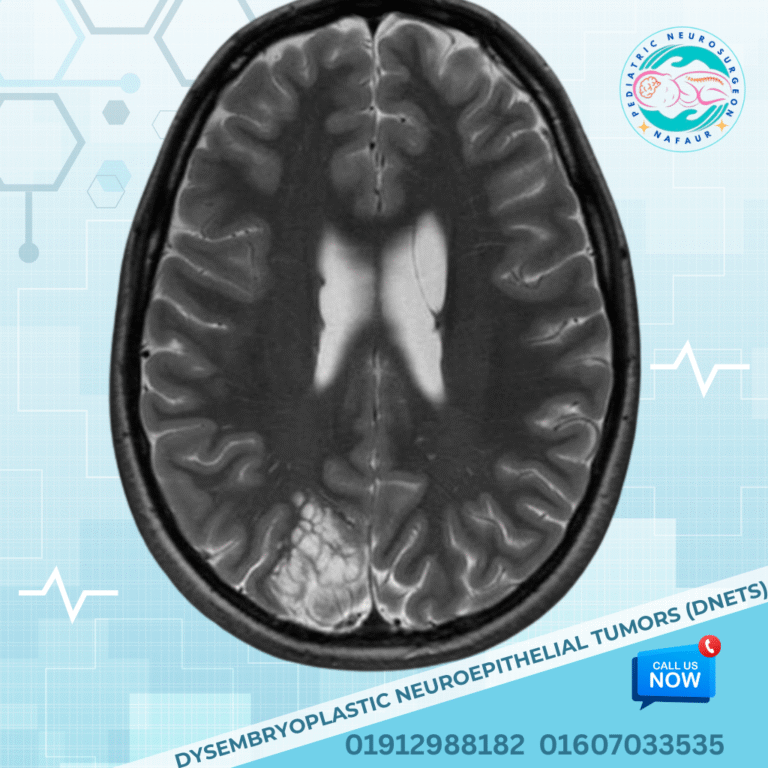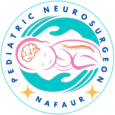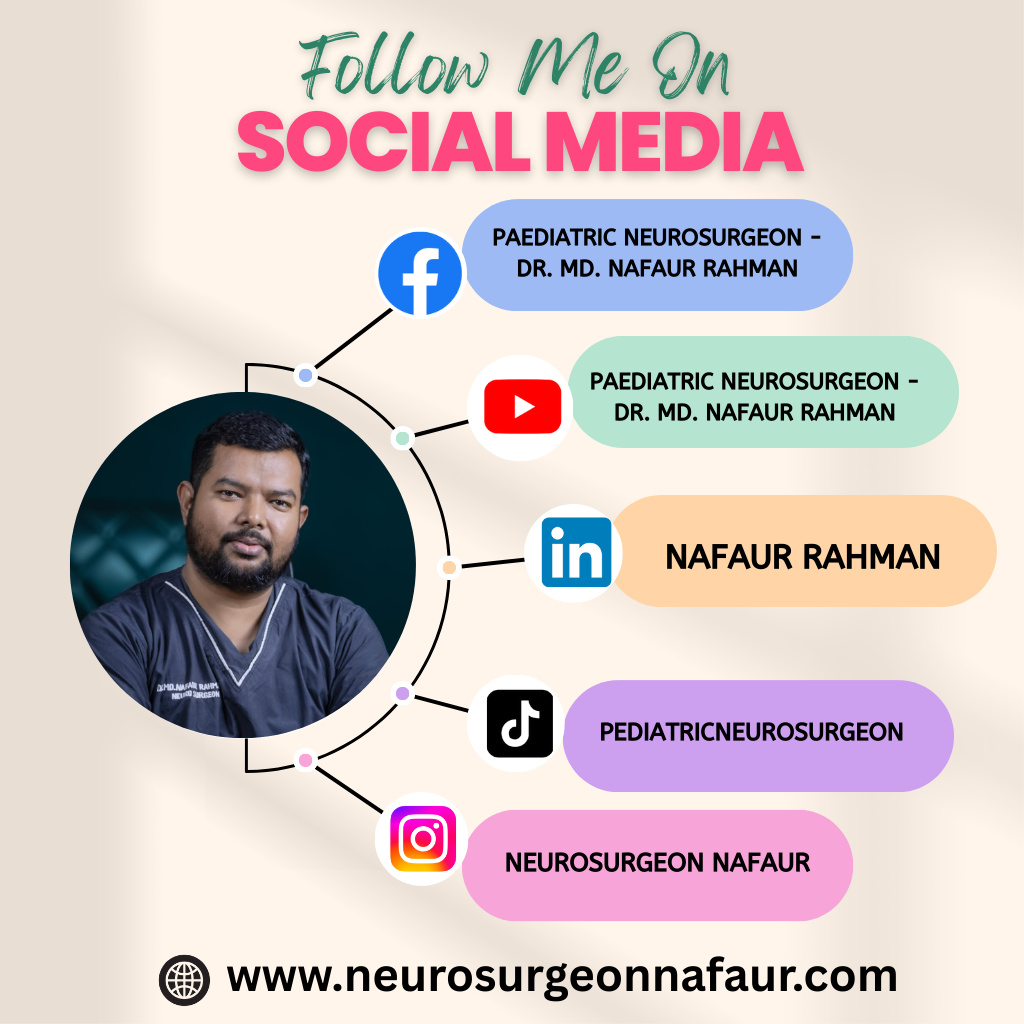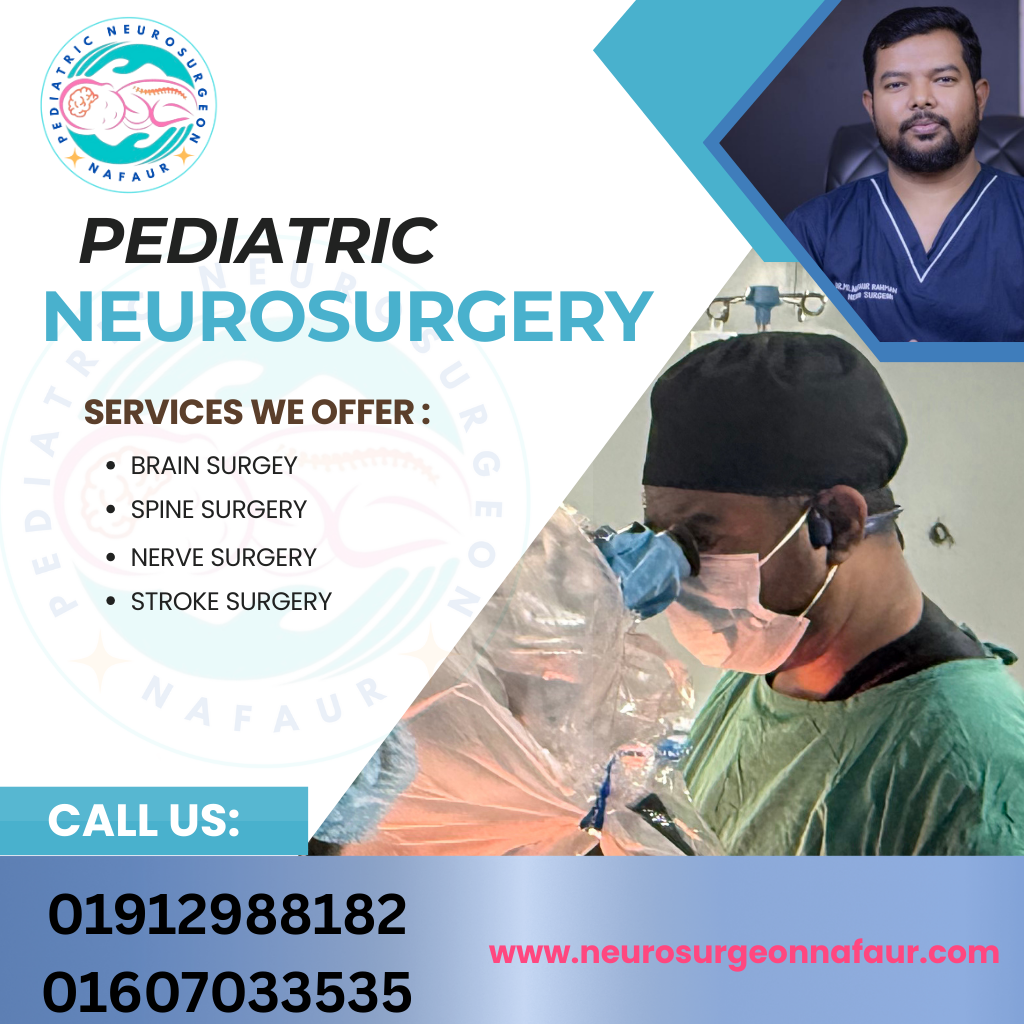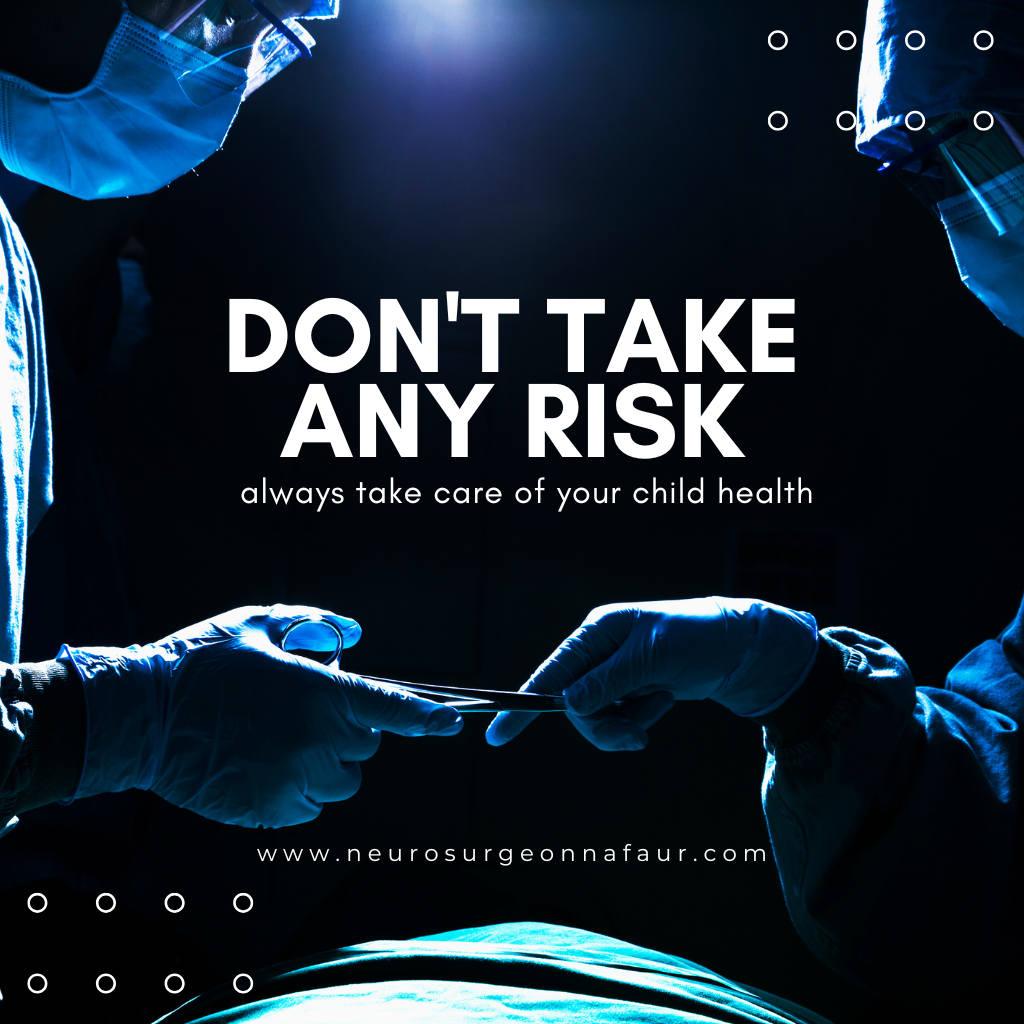Others Brain Tumors
Rare pediatric brain tumors are uncommon types of tumors that develop in the brain or central nervous system (CNS) of children and adolescents. Unlike more common pediatric brain tumors like medulloblastomas or pilocytic astrocytomas, these rare tumors can arise in unique brain regions, show atypical histology, or be part of genetic syndromes. These tumors often pose significant diagnostic and treatment challenges and require specialized pediatric neurosurgical expertise for effective management.
In Bangladesh, where pediatric neuro-oncology infrastructure is still evolving, the diagnosis and treatment of rare brain tumors in children are often delayed. Dr. Md. Nafaur Rahman, a leading pediatric neurosurgeon in Bangladesh, offers cutting-edge neurosurgical care and collaborates with oncologists, pathologists, and radiologists to provide a multidisciplinary approach for optimal outcomes.
 Why It Matters in Bangladesh
Why It Matters in Bangladesh
 Limited centers offer specialized pediatric neuro-oncology services
Limited centers offer specialized pediatric neuro-oncology services
 Many children with rare tumors are misdiagnosed due to non-specific symptoms
Many children with rare tumors are misdiagnosed due to non-specific symptoms
 Advanced neuroimaging, biopsy, and molecular diagnostics are underutilized
Advanced neuroimaging, biopsy, and molecular diagnostics are underutilized
 Lack of awareness leads to late-stage referrals and missed opportunities for cure
Lack of awareness leads to late-stage referrals and missed opportunities for cure
 Families struggle to access child-focused, safe surgical care for rare tumor types
Families struggle to access child-focused, safe surgical care for rare tumor types
 Common Rare Pediatric Brain Tumors Treated
Atypical Teratoid/Rhabdoid Tumors (ATRT)
Aggressive tumor mostly in children under 3 years; rapid growth and needs urgent surgery + chemo
Choroid Plexus Tumors (Papilloma or Carcinoma)
Arise in ventricles, often causing hydrocephalus; usually surgically treatable
Pineoblastoma
Malignant tumor of the pineal region; rare but requires gross total resection
Ependymoma of Rare Sites (e.g., Brainstem or Supratentorial)
Needs precision surgery to avoid brainstem damage
Craniopharyngioma Variants
Though not rare in location, some histologic variants are extremely rare and complex
Dysembryoplastic Neuroepithelial Tumors (DNETs)
Often presents with seizures; benign but may need excision for epilepsy control
Chondrosarcoma or Chordoma of Skull Base
Rare tumors affecting the clivus or cranial base; requires advanced skull base surgery
Optic Pathway Gliomas (Atypical Forms)
Can threaten vision and hormone function; seen in neurofibromatosis cases
Embryonal Tumors with Multilayered Rosettes (ETMR)
Extremely rare and aggressive; diagnosis often missed without molecular studies
Ganglioglioma, Pleomorphic Xanthoastrocytoma (PXA)
Rare, low-grade but can recur if incompletely resected
Common Rare Pediatric Brain Tumors Treated
Atypical Teratoid/Rhabdoid Tumors (ATRT)
Aggressive tumor mostly in children under 3 years; rapid growth and needs urgent surgery + chemo
Choroid Plexus Tumors (Papilloma or Carcinoma)
Arise in ventricles, often causing hydrocephalus; usually surgically treatable
Pineoblastoma
Malignant tumor of the pineal region; rare but requires gross total resection
Ependymoma of Rare Sites (e.g., Brainstem or Supratentorial)
Needs precision surgery to avoid brainstem damage
Craniopharyngioma Variants
Though not rare in location, some histologic variants are extremely rare and complex
Dysembryoplastic Neuroepithelial Tumors (DNETs)
Often presents with seizures; benign but may need excision for epilepsy control
Chondrosarcoma or Chordoma of Skull Base
Rare tumors affecting the clivus or cranial base; requires advanced skull base surgery
Optic Pathway Gliomas (Atypical Forms)
Can threaten vision and hormone function; seen in neurofibromatosis cases
Embryonal Tumors with Multilayered Rosettes (ETMR)
Extremely rare and aggressive; diagnosis often missed without molecular studies
Ganglioglioma, Pleomorphic Xanthoastrocytoma (PXA)
Rare, low-grade but can recur if incompletely resected
 Symptoms Suggesting a Rare Brain Tumor
Symptoms Suggesting a Rare Brain Tumor
 Headache with early morning vomiting
Headache with early morning vomiting
 Sudden visual loss or hormonal imbalances
Sudden visual loss or hormonal imbalances
 Failure to thrive, delayed development, or regression
Failure to thrive, delayed development, or regression
 Recurrent seizures unresponsive to medication
Recurrent seizures unresponsive to medication
 Abnormal gait, weakness, or balance issues
Abnormal gait, weakness, or balance issues
 Rapidly enlarging head size in infants
Rapidly enlarging head size in infants
 Symptoms associated with genetic conditions (NF1, TSC, Li-Fraumeni syndrome)
“With advanced surgical techniques and a multidisciplinary team, even rare pediatric brain tumors can be treated with precision and compassion.”
— Dr. Md. Nafaur Rahman
Symptoms associated with genetic conditions (NF1, TSC, Li-Fraumeni syndrome)
“With advanced surgical techniques and a multidisciplinary team, even rare pediatric brain tumors can be treated with precision and compassion.”
— Dr. Md. Nafaur Rahman
 Diagnosis & Imaging Strategy
Dr. Nafaur Rahman emphasizes early and accurate diagnosis using:
Diagnosis & Imaging Strategy
Dr. Nafaur Rahman emphasizes early and accurate diagnosis using:
 MRI Brain with contrast and spectroscopy
MRI Brain with contrast and spectroscopy
 Tumor biopsy (open or stereotactic) for histopathology
Tumor biopsy (open or stereotactic) for histopathology
 Molecular genetic testing where applicable
Molecular genetic testing where applicable
 CSF cytology if leptomeningeal spread is suspected
CSF cytology if leptomeningeal spread is suspected
 Hormonal testing for hypothalamic/pituitary tumors
Hormonal testing for hypothalamic/pituitary tumors
 Neurocognitive and functional assessments before planning surgery
Neurocognitive and functional assessments before planning surgery
 Treatment Protocol
Rare tumors require personalized treatment based on tumor type, location, and child’s condition:
1. Microsurgical Tumor Resection
Performed using neuro-navigation and operating microscope
Aim is gross total resection while preserving function
2. CSF Diversion (Shunt or ETV)
For tumors causing hydrocephalus
3. Multidisciplinary Oncology Referral
Post-surgery chemotherapy and/or radiotherapy for malignant types
4. Seizure and Endocrine Management
If tumor affects functional brain areas
5. Follow-Up Imaging and Surveillance
Regular MRI scans to monitor recurrence
Treatment Protocol
Rare tumors require personalized treatment based on tumor type, location, and child’s condition:
1. Microsurgical Tumor Resection
Performed using neuro-navigation and operating microscope
Aim is gross total resection while preserving function
2. CSF Diversion (Shunt or ETV)
For tumors causing hydrocephalus
3. Multidisciplinary Oncology Referral
Post-surgery chemotherapy and/or radiotherapy for malignant types
4. Seizure and Endocrine Management
If tumor affects functional brain areas
5. Follow-Up Imaging and Surveillance
Regular MRI scans to monitor recurrence
 Rehabilitation and Supportive Care
Rehabilitation and Supportive Care
 Physical therapy and motor rehabilitation
Physical therapy and motor rehabilitation
 Speech and cognitive therapy
Speech and cognitive therapy
 Educational support for children with learning delays
Educational support for children with learning delays
 Psychological support for children and caregivers
Psychological support for children and caregivers
 Family counseling and long-term survivorship planning
Family counseling and long-term survivorship planning
 Why Choose Dr. Md. Nafaur Rahman?
Why Choose Dr. Md. Nafaur Rahman?
 Recognized for expertise in complex pediatric brain tumor surgery
Recognized for expertise in complex pediatric brain tumor surgery
 Operates at National Institute of Neurosciences & Hospital (NINS)
Operates at National Institute of Neurosciences & Hospital (NINS)
 Provides specialized care at Bangladesh Paediatric Neurocare Centre
Provides specialized care at Bangladesh Paediatric Neurocare Centre
 Incorporates advanced imaging, safe anesthesia, and minimally invasive techniques
Incorporates advanced imaging, safe anesthesia, and minimally invasive techniques
 Collaborates with top pediatric oncologists, radiologists, and rehabilitation experts
Collaborates with top pediatric oncologists, radiologists, and rehabilitation experts
 Expert Help for Rare Brain Tumors in Children – Available Now in Bangladesh
Dr. Md. Nafaur Rahman
Assistant Professor, Pediatric Neurosurgery, NINS
Chief Consultant, Bangladesh Paediatric Neurocare Centre
Expert Help for Rare Brain Tumors in Children – Available Now in Bangladesh
Dr. Md. Nafaur Rahman
Assistant Professor, Pediatric Neurosurgery, NINS
Chief Consultant, Bangladesh Paediatric Neurocare Centre
 For Serial/Appointments:
For Serial/Appointments:
 01912988182 |
01912988182 |  01607033535
01607033535
 Visit: www.neurosurgeonnafaur.com
Visit: www.neurosurgeonnafaur.com








































